
Diana Weber
Lawyer of international law
Rating:
5
March
How to Get EU Citizenship
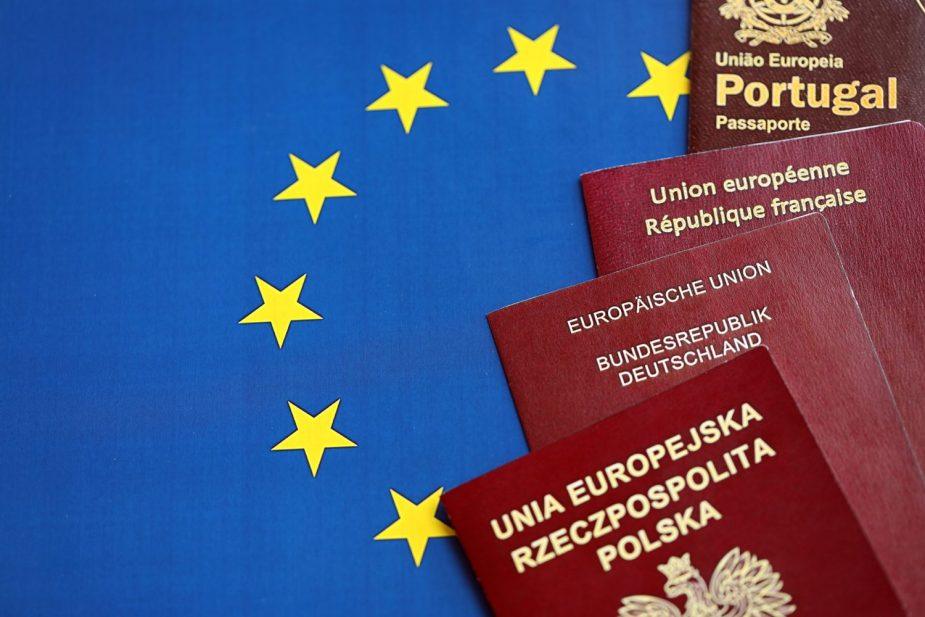
EU citizenship is a status that is assigned to every passport holder of any of the countries of this association. European Union legislation, including Directive 2004/38/EU, establishes equal rights for citizens of all treaty states. Foreigners can obtain an EU country passport by right of birth, repatriation, for special merits, within the framework of general or accelerated naturalization. Depending on the basis, it takes the applicant from 12 months to 10 years to obtain the status.
An applicant for EU citizenship in most cases must be of legal age, law-abiding, and also have documentary confirmation of the right to obtain the requested status. An EU country passport gives the owner the opportunity to live in the territory of any of the states of this union without restrictions on the term and on an equal footing with the indigenous population (for example, official employment or opening a business). The article details the current programs for obtaining EU citizenship in 2026, the advantages of the status, terms, cost, and other important aspects.
Get more information about the peculiarities of immigration to the EU at a free consultation
Obtaining EU citizenship gives the applicant access to the following rights and benefits:
A foreigner can get an EU citizen’s passport by right of birth if his mother or father owns a similar document. The country of origin of the applicant in this case does not matter. An immigrant can become an EU citizen by repatriation - the procedure for restoring status by roots. This method is relevant for applicants from other countries, in whose family up to 2-4 generations there are or were owners of an EU country passport.
Applicants without ethnic or territorial affiliation to EU countries can claim citizenship of the union through the naturalization procedure. This method implies the preliminary legal residence of an immigrant in the selected state for 5-10 years from the moment of opening the first residence permit. Naturalization can be accelerated, for example, when an EU citizen’s passport is provided faster in exchange for investments in the economy, or if the applicant marries a local resident.
Submit an application form and we'll get back to you!
Naturalization in the EU is the process of acquiring civil rights by observing the established census of sedentary life in the legislation. The issuance of an EU passport is preceded by a 5-10 year period of residence of an immigrant in the selected state with a residence permit (temporary and / or permanent). The general conditions for naturalization in EU countries usually include the absence of convictions, age over 18, financial security, proficiency in the state language at a certain level.
The procedure for obtaining European Union citizenship for naturalized applicants looks like this:
For relocation and registration of the initial residence permit, foreigners can use one of the following reasons:
Immigration law specialists provide insights on the nuances of obtaining second citizenship in an EU country during a free consultation. Immigrantinlaw lawyers help clients legally and efficiently acquire a European passport.
Buying EU citizenship through the contribution of financial resources to the economy of the selected country in 2026 is impossible. The “golden passport” programs are canceled in all EU states, however, the opportunity to claim resident status on the fact of investing remains. The applicant receives a residence permit or permanent residence on the basis of investments of the amount specified in the legislation in a certain industry and can subsequently become a naturalized citizen in general or in an accelerated manner. Current programs for granting EU residency for investments are presented in the table below.
| Country | Minimum investment amount, thousand € | Term of receiving a passport, years |
| Greece | 250 | 7 |
| Spain | 500 | 10 |
| Portugal | 250 | 5 |
| Romania | 1 000 | 4 |
| Malta | 150 000 | 5 |
| Cyprus | 300 000 | 7 |
| Latvia | 280 | 10 |
| Bulgaria | 512 | 5 |
| Ireland | 500 000 | 5 |
The procedure for granting a Maltese passport through financial investments previously existed but was stopped at the initiative of the Euro Council. As of 2026, Malta Residence by Investment is relevant - a state program that allows foreigners to obtain citizenship of a European country through the opening of a residence permit for investments in certain areas in Malta. The applicant must own a minimum of 500 thousand euros of personal assets, of which 150,000 must be financial. The applicant rents housing worth 10-12 thousand euros, or buys real estate for 300-350,000 EUR. For obtaining resident status, a foreigner will also need to make some payments (in euros):
The purchased or rented property must be owned by a foreigner for at least 5 years. The program for granting residence for investments is relevant for relatives of the applicant up to 4 generations. The term of the residence permit is 5 years with the possibility of re-registration, or entry into citizenship by naturalization.
The program for obtaining a Cypriot passport through financial investments is closed as of 2026. A person wishing to obtain a second or dual citizenship in European countries while retaining the first identity card can first open a residence permit on the island for investment. The applicant has the following investment options from 300,000 EUR:
A foreigner must be without a criminal record, have a personal insured annual income of at least 50,000 EUR. A residence permit for the applicant and dependents (spouse, children) is issued indefinitely, but with the need to replace the resident card every 10 years. A foreigner can apply for EU citizenship in the general naturalization procedure after 7 years of relocation.
Immigrantinlaw attorneys offer a free consultation to explain the key details of obtaining a second citizenship in the EU, guiding clients through a quick and lawful process to secure a European passport.
Submit an application form and we'll get back to you!
Repatriation to the EU is a program for granting citizenship based on the ethnic or territorial affiliation of the applicant to the chosen state or its people. The main condition put forward to applicants for a European passport is documentary confirmation of the presence of indigenous residents of the corresponding country in the genus. Usually, repatriates become relatives of a former citizen of the chosen EU state in a direct descending line up to great-grandchildren.
The procedure for restoring civil rights by roots is the cheapest and fastest way to get a European Union passport. Repatriates usually do not have to live in the corresponding country at the time of application and after receiving a passport, demonstrate knowledge of the state language and level of income, refuse from the existing identity card of their native state. A comparative analysis of European programs for easy acquisition of citizenship by roots is given in the table below.
| Country | Minimum term for obtaining citizenship, months |
| Romania | 12 |
| Bulgaria | 12 |
| Poland | 12 |
| Lithuania | 3–6 |
| Hungary | 3–6 |
| Latvia | 6–12 |
| Germany | 6–12 |
| Portugal | 12 |
Persons who have indigenous residents in their pedigree up to the third generation in a direct ascending line can obtain European Union citizenship in Romania. The borders of the state until 1940 extended to some modern territories of Moldova and Ukraine, so many residents from other countries have a chance to repatriate. Restoration of citizenship by roots does not require the applicant to refuse from a similar status at home, preliminary stay in Romania and demonstration of income.
The procedure for repatriation to Romania takes about a year if immigration lawyers help the applicant. With a passport of an EU country, a foreigner has the right to visit 170 world states without a visa, including Canada, Australia, Japan, Great Britain. The applicant can prove his belonging to Romania with the help of a birth, marriage, death, divorce certificate of the corresponding relative. The applicant must be over 18 years old and demonstrate law-abidingness, consent to take an oath when entering EU citizenship.
A foreign citizens can apply for a European passport through the procedure of repatriation to Bulgaria without preliminary observance of the census of sedentary life. The applicant must be of legal age and without a criminal record. A person who is a hereditary Bulgarian up to the third generation can become a repatriate. The applicant confirms his civil affiliation to the state with the corresponding certificate (his own or a suitable relative).
Repatriates in Bulgaria can obtain a second, but not dual citizenship (possible in the presence of appropriate bilateral agreements between countries) of Europe and their native state, which does not contradict local legislation. The procedure for obtaining a second passport takes from 12 months from the day the applicant applies to international law specialists. An EU citizen with a Bulgarian identity card has the right to visit 170 countries without a visa, including all of Europe, South America (except Guyana), Caribbean Basin states, Canada.
EU citizenship in Slovenia can be obtained by persons who previously held a Slovenian passport and lost it as a result of forced deprivation. Requests are considered by the authorities on an individual basis, taking into account the national interests of the State.
Obtaining a Slovenian passport by ancestry is available to applicants who have or have had persons holding a similar identity document up to the 4th generation. The applicant's ethnicity must be confirmed, for example, by the birth certificate of a suitable relative, as well as other documents substantiating the applicant's connection to the person concerned. An EU citizen with a Slovenian identity card may visit more than 170 countries without a visa, including the whole of Europe, China, the USA, Canada and other countries.
For a simple acquisition of a passport of a European Union country, the applicant can seek help from international law specialists. Immigration lawyers analyze the individual situation of the applicant and recommend the best programs for obtaining a second citizenship abroad. Experienced specialists regularly study the norms of EU countries’ legislation to guarantee clients a positive result in obtaining the requested status without unnecessary efforts and expenses.
The algorithm for obtaining the status of a European Union citizen with the participation of international law specialists looks like this:
For all aspects of securing second citizenship in the EU, Immigrantinlaw’s international lawyers offer detailed guidance in a free consultation, helping clients legally acquire a European passport in the shortest possible time.
In 2026 the following methods of obtaining EU citizenship are not real and legal:
All the nuances and features of obtaining a second citizenship in a European country is possible to know at a free consultation with international law specialists. Immigration lawyers Immigrantinlaw help clients quickly obtain a passport from one of the EU countries in a legal way.
Submit an application form and we'll get back to you!
Important: EU citizenship cannot be obtained directly — it is automatically granted to anyone who becomes a citizen of an EU Member State (as set out in Article 20 TFEU). Therefore, the key changes in 2025 are national reforms that either speed up or increase the cost of acquiring a national passport, and thus EU citizenship.
Reader Reminder: EU citizenship automatically follows from the nationality of a Member State. When choosing where to naturalize, compare: residence periods (3–5–8 years), costs (e.g., €1,000 in Belgium), language levels (Austria moving from B1 → B2), dual citizenship rules (Germany — “yes” as of 2025).
Obtaining Latvian Residence Permit for Foreigners
18 January
A Latvian residence permit is applied for by those who plan to reside in Latvia for more than 3 consecutive...
Obtaining Austrian Residence Permit for Foreigners
30 December
A residence permit in Austria is a document that is issued to those who plan to stay in the country...
Immigration to Greece for Permanent Residency
29 January
Permanent residence in Greece is a permanent resident status, which is granted for an unlimited period of time and allows...
Immigration to Cyprus for Permanent Residency
7 February
Permanent residence in Cyprus is a status of permanent resident or long-term resident of the country. In general, it is...
How to Get Citizenship of Cyprus
10 February
Cypriot citizenship is your direct link with the state, which is expressed in the existence of certain mutual privileges and...
Obtaining a Residence Permit in Luxembourg: A Guide for Immigrants
24 February
Luxembourg residence permit is a temporary residence card, with which you can stay in the country for longer than three...
Discover
new opportunities
with a European Union passport!
Submit the application form and we will call you back!
Leave a request
Contacts



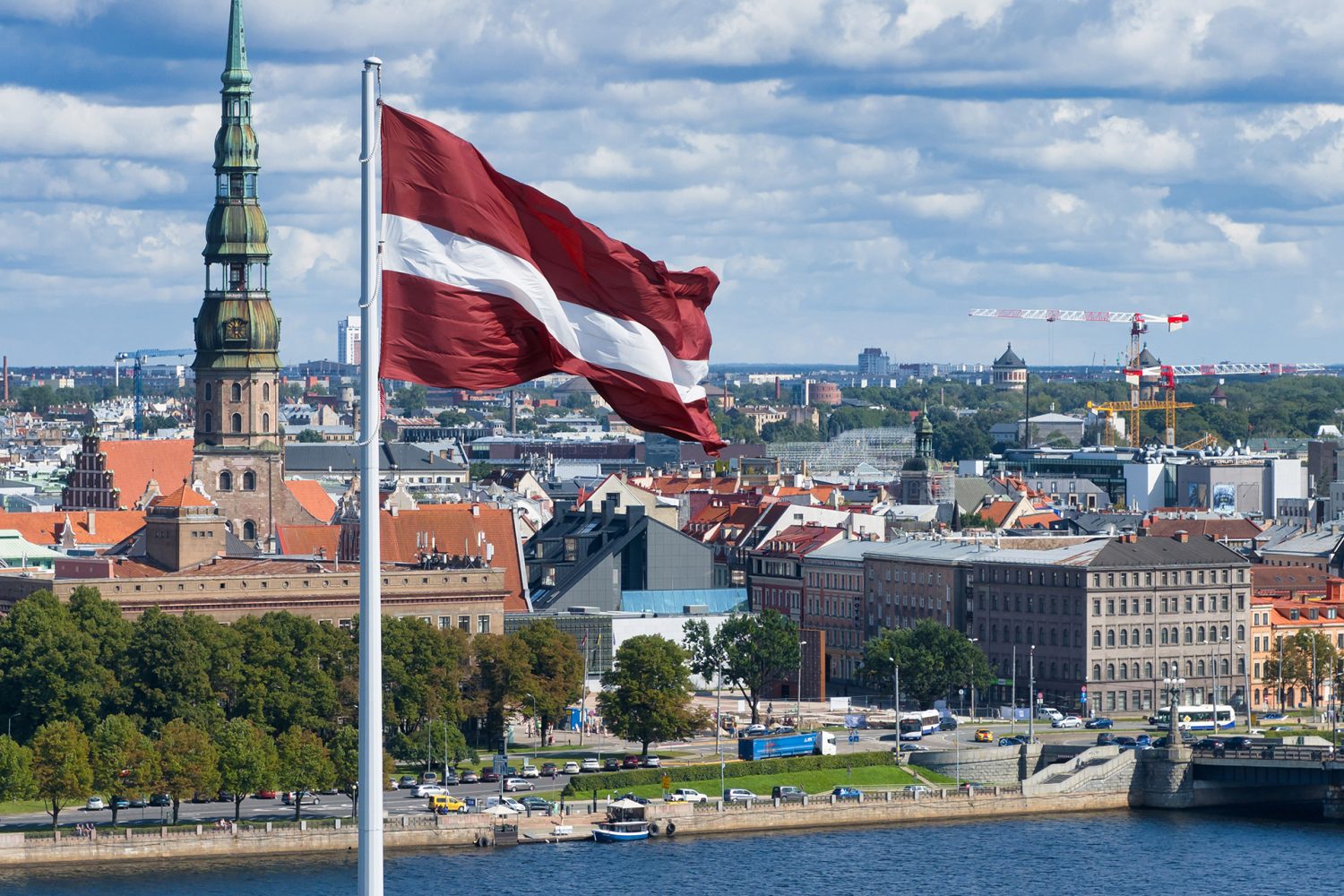

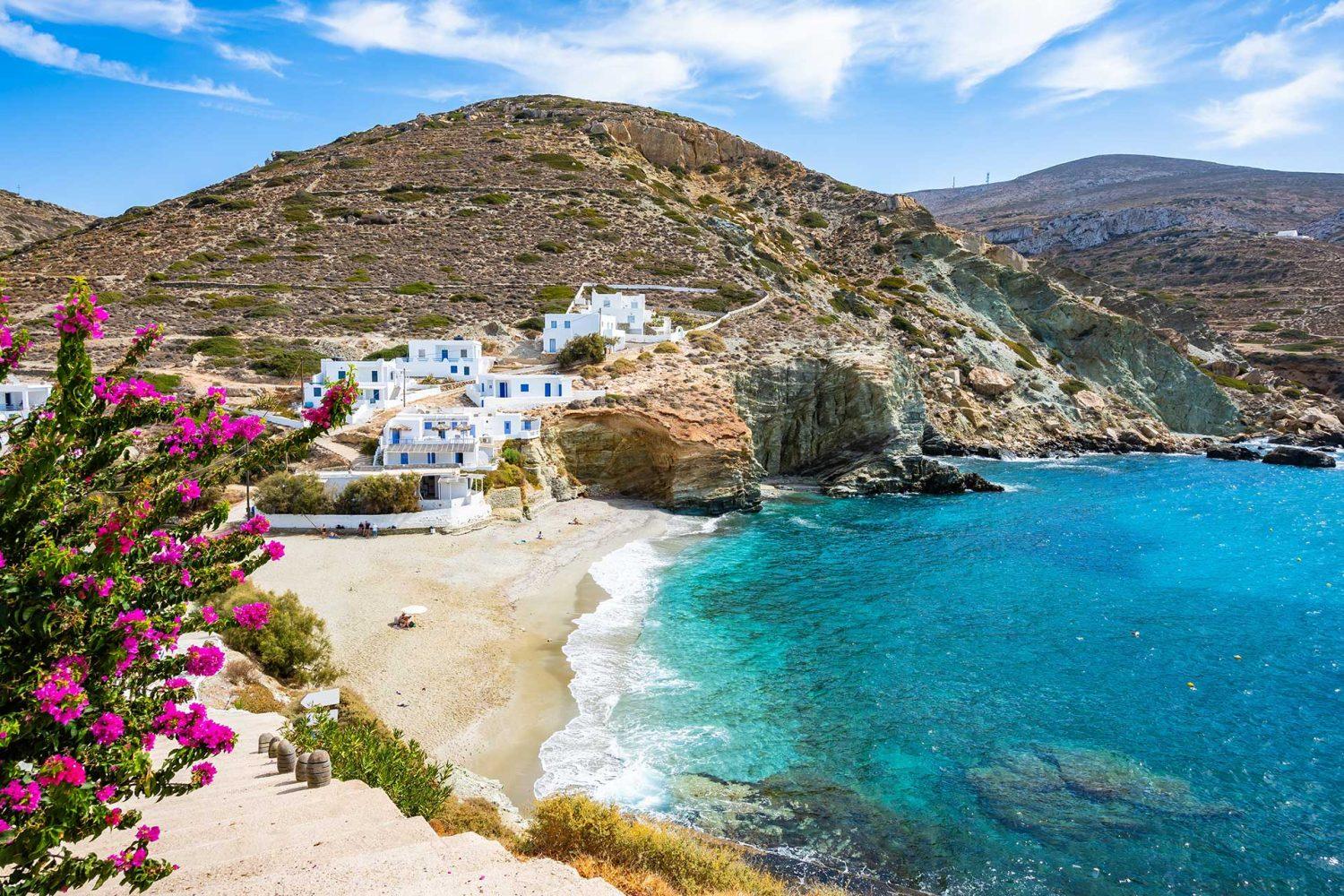
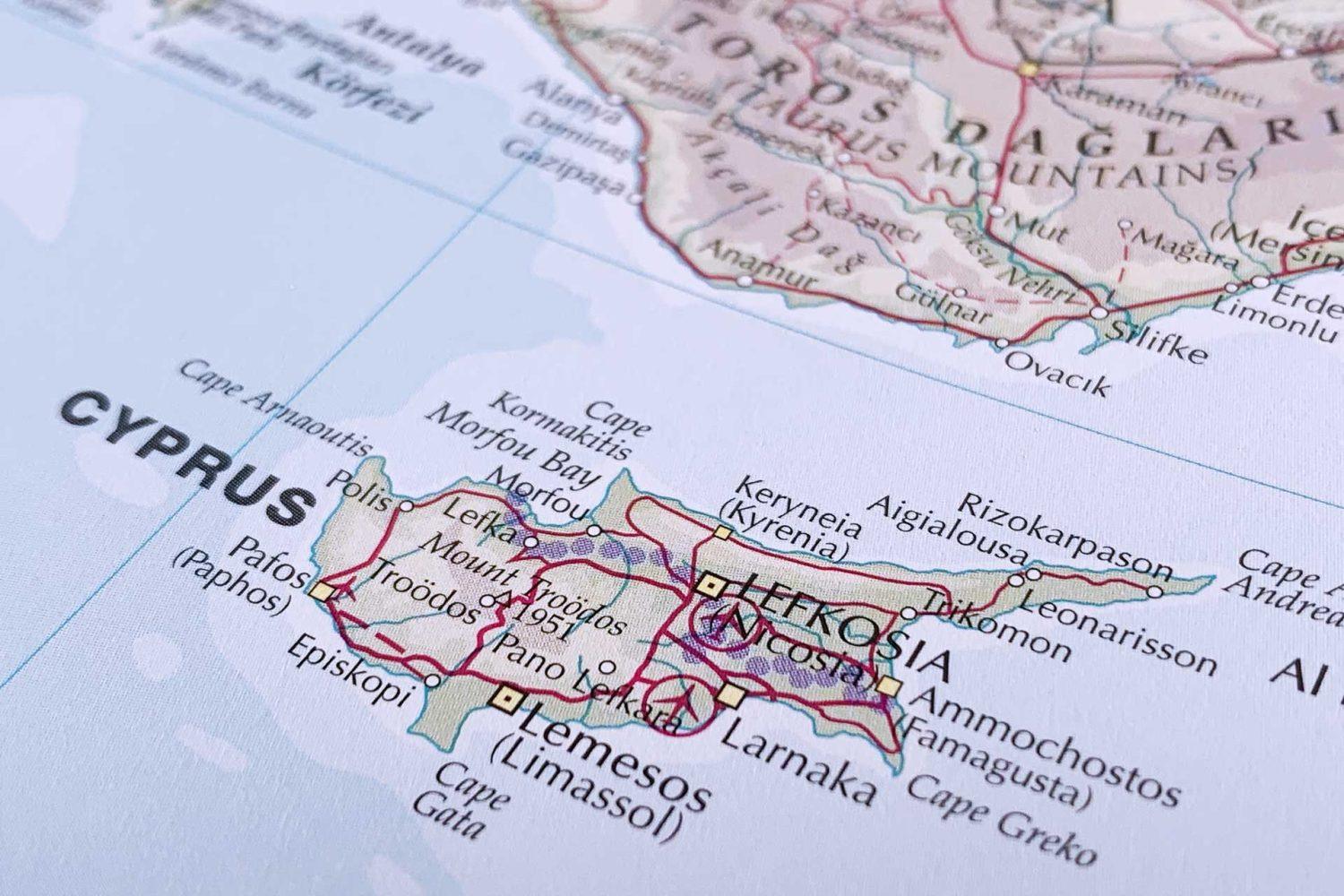

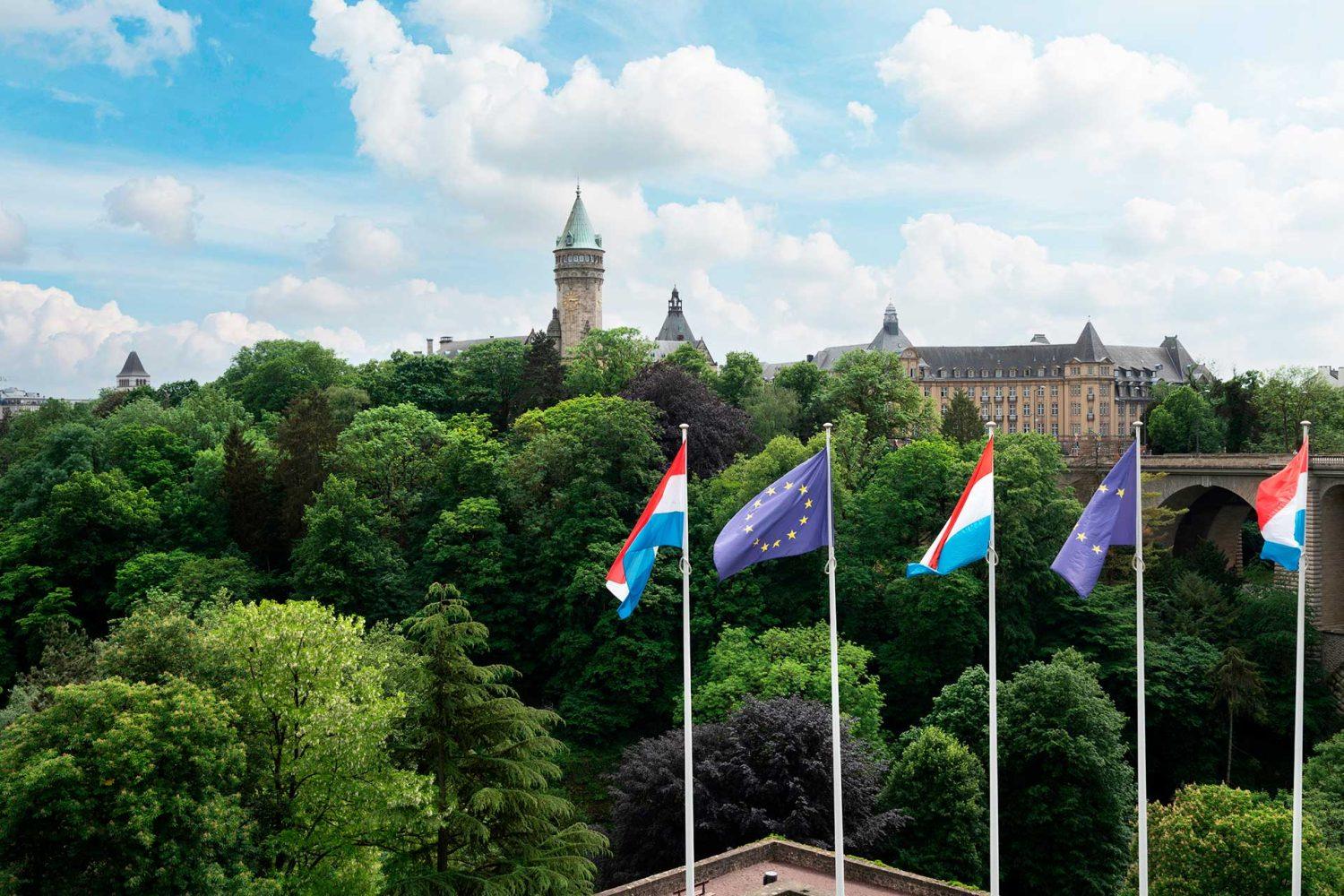

Kiril Leiev
Why does everyone talk about EU citizenship by ancestry? Is it really easier than getting it through a residence permit?
Diana Weber
Yes. Citizenship by ancestry is the only way to obtain a European passport without living in the country. Depending on the country, this may include: Romania — restoration of citizenship for descendants of former Romanian citizens before 1940,Bulgaria, Slovenia, Poland — citizenship based on ethnic origin. This is not a “loophole,” but a fully legal mechanism established by the legislation of EU member states.
Elena Petrovic
Everyone talks about Romanian and Bulgarian passports being the easiest in the EU. But is that just marketing from agencies or are there real legal grounds?
Diana Weber
It’s not just hype — both Romania and Bulgaria have repatriation laws that allow people with roots in those countries (parents, grandparents, or even great-grandparents) to restore citizenship without long residency or exams. For many in Eastern Europe, it’s the fastest real path to an EU passport — and yes, agencies promote it heavily because the legal base supports it. But you’ll need proper documents and be ready for a bit of bureaucracy.